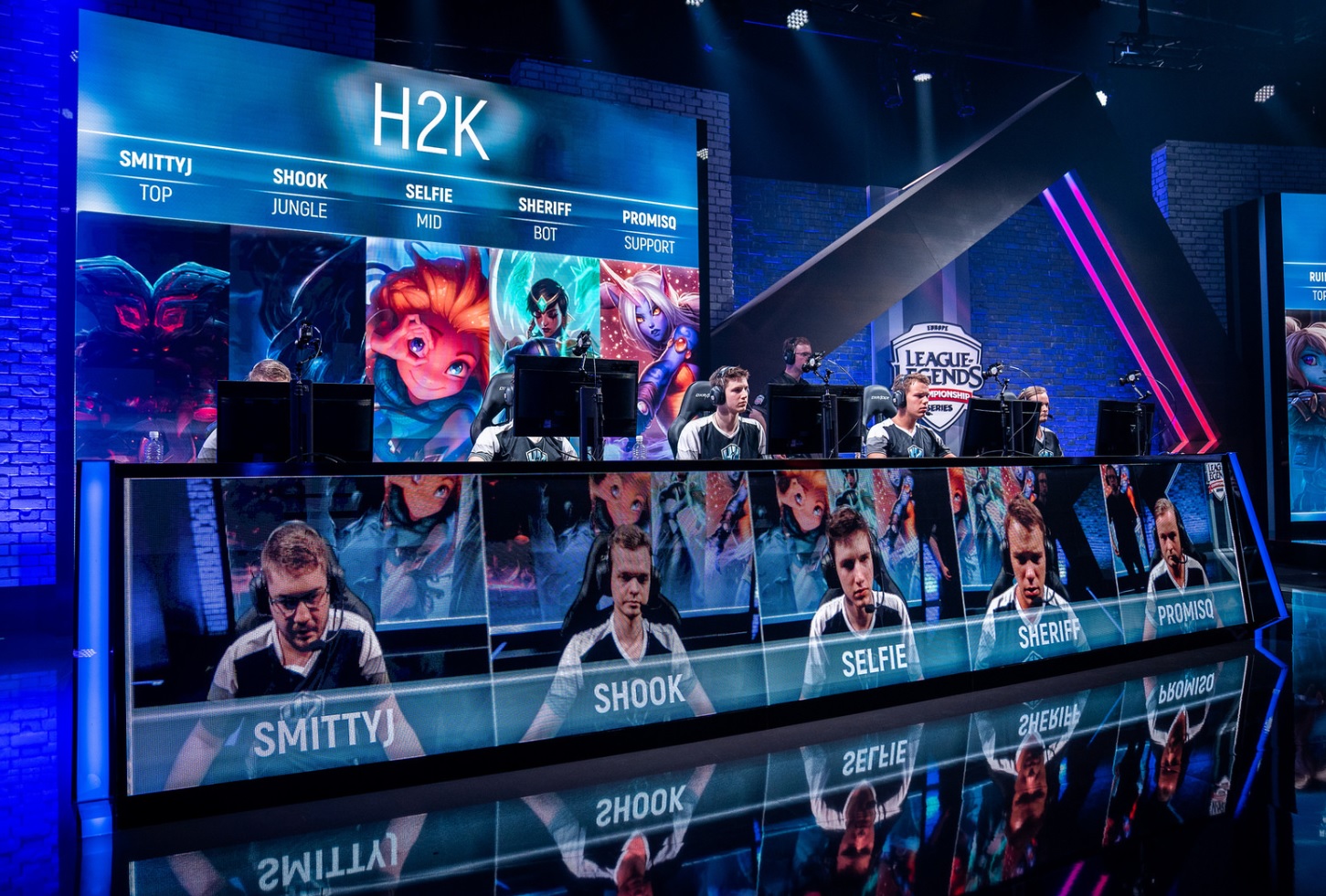Riot Games faces a lot more competition than it once did on the esports front, with new games such as Fortnite and PlayerUnknown’s Battlegrounds grabbing the attention of gamers. But the Los Angeles-based company believes that esports is still in its early stages, and it is moving forward in its quest to make League of Legends into a permanent esport.
The company has been operating the European League of Legends Championship Series (LCS) since 2013, and it has been investing more in the infrastructure of the league in recent months. That’s not easy, since Europe has a number of countries and languages to support and its audience is more easily splintered compared to other territories. It is also in the process of creating permanent teams in Europe, as it has done in the U.S.

Unlock premium content and VIP community perks with GB M A X!
Join now to enjoy our free and premium membership perks.
![]()

![]()